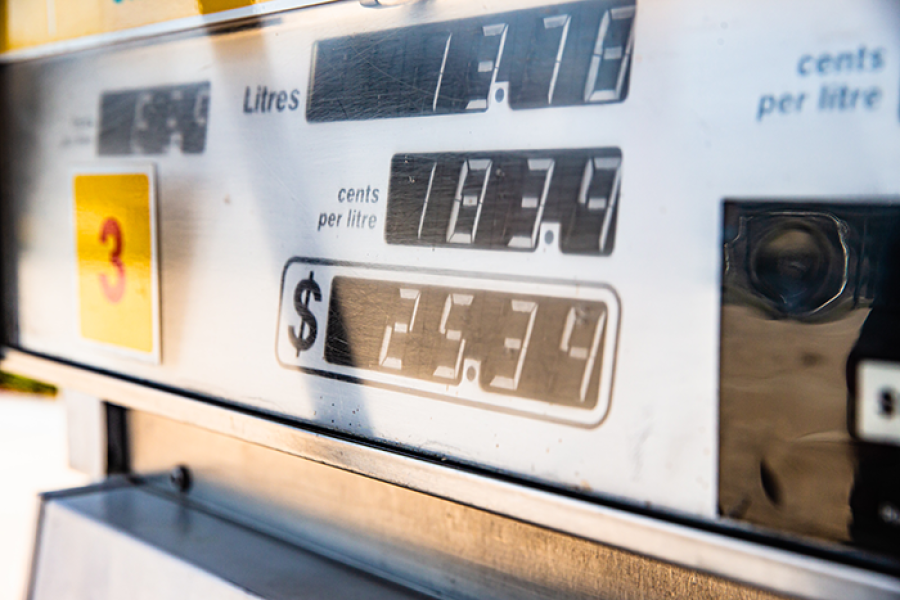
Search
Domestic transport charges: Estimation of transport-related elasticities

Published: 2023
Authors: Dean Hyslop, Trinh Le, Dave Maré, Lynn Riggs, Nic Watson
To better understand the potential effects of transport policies, it is important to understand household spending patterns across different transport-related categories, as well as across different households. This study uses three distinct approaches to estimating transport elasticities for Aotearoa New Zealand: cross section, time series, and event studies.
The estimated own-price elasticity of fuel demand ranges from –0.1 (very inelastic) based on time-series data to around –2 (very elastic) based on the event-study approach. Using cross-sectional household-level data and regional price variation, we estimate price elasticity of petrol demand is –0.66 over all households, and ranges from –0.78 for the lowest household expenditure quintile to –0.43 for the highest expenditure quintile, indicating petrol demand is price-inelastic, and more so for richer households.
The different fuel price elasticities estimated by this study represent a range of possible consumer responses when modelling the impact of price changes.
Citation
Hyslop, Dean, Trinh Le, Dave Maré, Lynn Riggs, and Nic Watson. 2023. “Domestic transport charges: Estimation of transport-related elasticities". Motu Working Paper 23-10. Motu Economic and Public Policy Research. Wellington, New Zealand.
DOI: doi.org/10.29310/WP.2023.10
Funders
Ministry of Transport


Level 1, 97 Cuba Street, PO Box 24390
Wellington 6142, Aotearoa New Zealand
Media enquires: 021 837 966
Phone: 04 939 4250
 Back to main menu
Back to main menu
